Good morning everyone!! Over on JH the Brand Instagram page we try to plan a takeover every Thursday. If you’re not familiar with what a takeover is, let me explain! A takeover on Instagram is basically a Q & A with either a Team Jilly member or a special guest. Last week, we had Carrie from The Mama Coach take over our Instagram page and share her knowledge about pregnancy, birth, and delivery during COVID-19. Well, there’s no denying that the questions were FLOODING in. While Carrie was able to address most questions around COVID-19 and pregnancy (we made sure to save her stories in our highlights!) she wasn’t able to get to all of the additional questions. One theme that kept popping up beyond COVID and pregnancy was sleep.
So, Carrie is back on the blog today to share all of her tips and tricks with you on how to establish a better sleep routine for you and your babe!
Take it away Carrie!

Let’s start here: “Cry it out” and toddlers. These two things are not a natural fit.
First off, it is really important to acknowledge that sleep, like feeding and many other things in motherhood, is really personal. It isn’t up to us, or anyone, to tell you how or where your baby should sleep. That one is up to you. You are the mama and you know what works best for your family. “It is only a problem if it’s a problem for you”. That should be the mantra for all things in motherhood.
If you are indeed having sleep issues with your baby or toddler, read on to see if any of this information we have to offer resonates with you.
Figuring out sleep is very similar to solving a complex puzzle. It is important to look at the whole picture – all of the pieces need to fit together seamlessly in order to achieve results. Below we’ve identified a few of the key puzzle pieces when it comes to looking at sleep for your toddler.
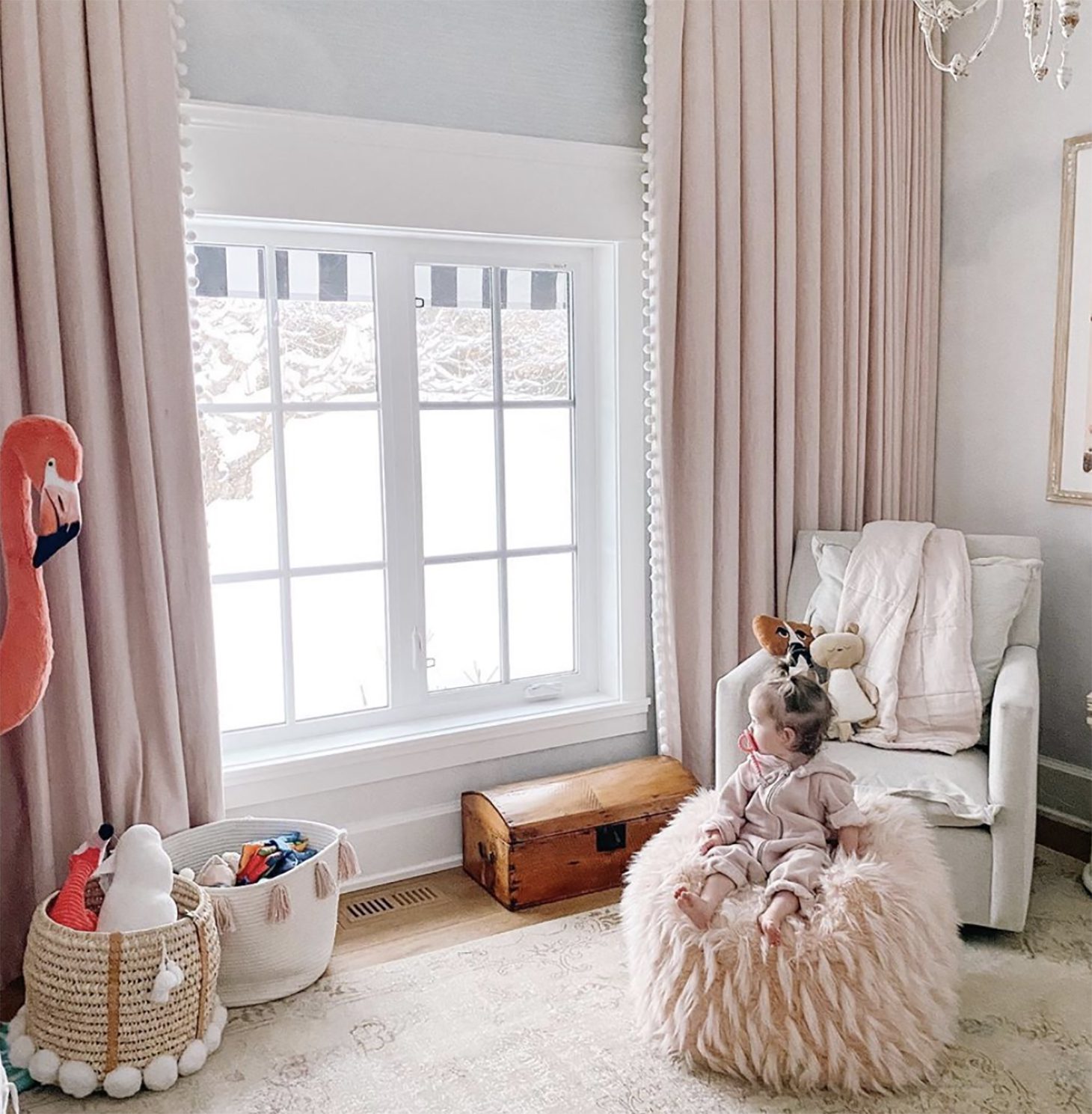
1. Circadian Rhythm
Your little person is completely unique, and understanding their rhythm is really important. Typically, babies and toddlers need approximately 12-13 hours of “daytime” (which includes naps), as well as 11-12 hours of “nighttime”. A normal morning wake time for this age group is between 6-7 am. We often wish it was later!
Because mamas are chronically sleep-deprived, sometimes we pull our toddlers into bed with us or feed our babies after 5 am. This causes them to falsely fall into a deeper state of sleep. Normally, babies will transition into light Rapid Eye Movement [REM] sleep between 5-7 am, which leads to a natural morning wake up. By interrupting this natural process, we inadvertently shift their entire day forward, which can have a huge impact on naps and bedtime. Because our babies slept in later than they usually would, when we go to put them down at their usual bedtime – it is a bust! They cry and struggle to fall asleep on account of less daytime waking hours.
If bedtime tears are your biggest struggle, ask yourself what is happening during those early morning hours?
A similar situation arises if our babies partake in too many daytime hours. As mentioned above, we are aiming for around 12-13 hours of daytime (including naps). If naps are short and/or bedtime comes too late, you will usually experience an increase in bedtime protest and tears. Being overtired causes our cortisol levels to rise which triggers our “fight, flight, or freeze”. This means that instead of settling into bed for a restful sleep, our child is ready to fight a bear! Not really the response we are looking for at bedtime.
All of us, young and old, are affected by this autonomic response in a similar way – our bodies naturally spend more time in light REM sleep during the early parts of the night, as well as the early morning hours. Normally, your child will have their best stretch of sleep in the beginning parts of the night. As they move closer towards morning, they move into increasingly lighter and lighter REM sleep. An overtired child will not fall into or stay in a deep sleep state at bedtime, which causes increased crying and frequent wake-ups. Another downside is an earlier morning wake up – which is so hard when we are already exhausted.
This isn’t to say your child can never have a late night. Life happens and occasionally we want to stay late at a friend’s house to visit, and that’s perfectly okay. However, if you are trying to get sleep back on track – a consistent bedtime and wake time will help decrease the tears and make life so much easier for your family.
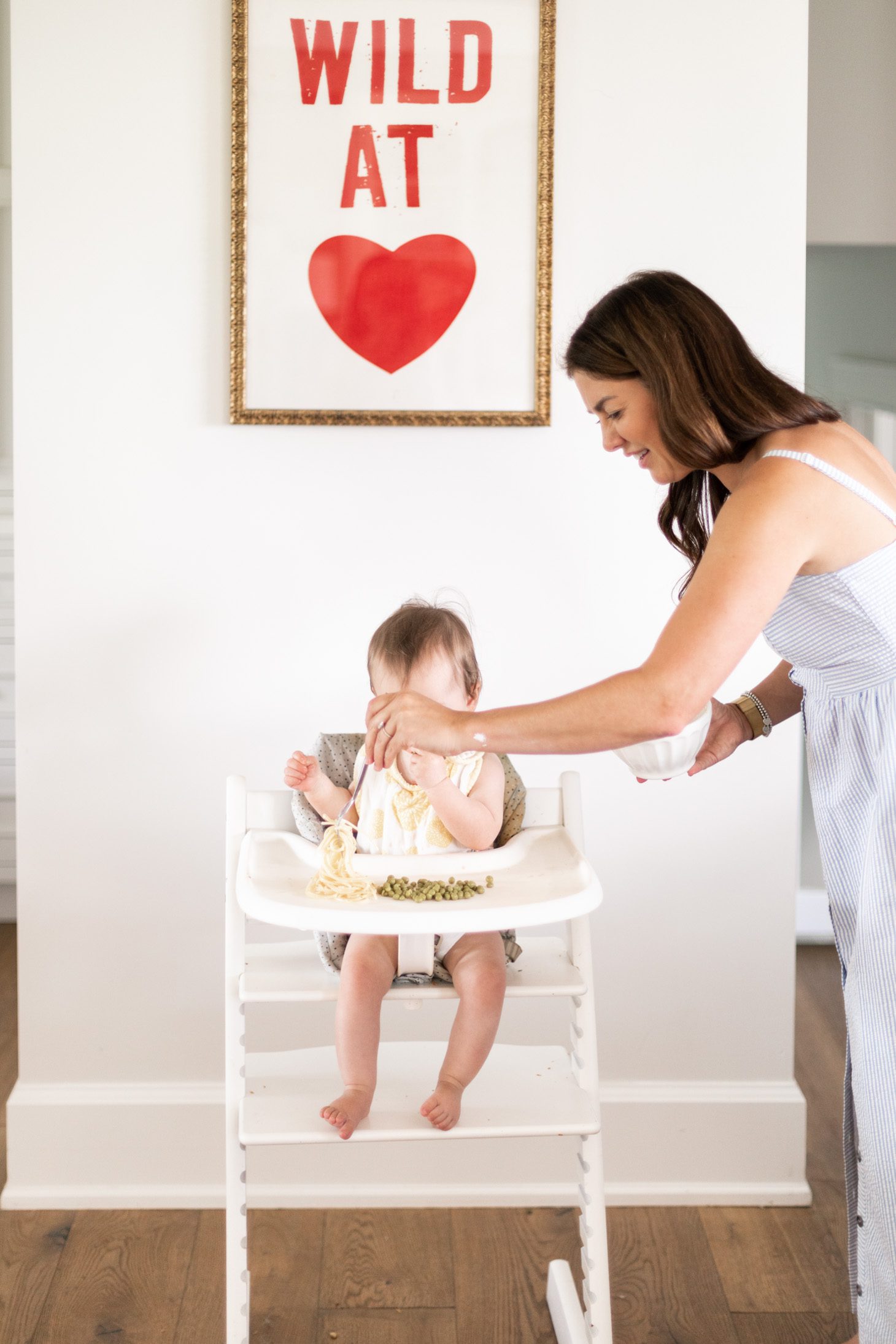
2. Feeding
For the sake of this article, we are focusing on babies Annie’s age (nearly 20 months old) and beyond. Typically, they can sleep through the night without needing to feed for nutrition. If our toddler wakes in the night, sometimes we look to bottles or a quick nursing session as the solution – hoping they’ll quickly be lulled back to sleep. We get it, Mama – we’ve all been there!
Think about your toddler’s caloric needs as a 24-hour cup. If they are nursing or having a bottle in the middle of the night, then naturally their caloric needs will be less during the day. This could be a contributing factor when your sweet toddler refuses food or dare we say it, throws it on the floor with mild disdain or disinterest.
We aren’t suggesting that you do something drastic, such as pulling all-night feeds cold turkey! Instead, focus on effective feeds. Is your toddler nursing to sleep or falling asleep with the bottle? If the answer is a strong maybe, then the biggest change you can make is to decrease the volume of the bedtime and nighttime bottles (so that they finish before falling asleep). If you’re nursing, end the feeds when your toddler starts showing signs of drowsiness. Implementing this as a first step down the mountain of sleep props is teaching your toddler to sleep when they’re tired, and eat when they’re hungry – ideally during the day.

3. Naps
Naps can be the culprit if you are experiencing challenging bedtimes and middle of the night wake-ups. Typically, toddlers drop to one nap a day around 15 months. However, the timing of that one nap becomes extremely important. If it is too late, or too long, your toddler could struggle with bedtime, possibly wake during the night, and/or experience early morning wakings.
As the afternoon progresses, we fall into deeper stages of sleep. Sleep during this time (3-5 pm) is EXTREMELY restorative and can wreak havoc on bedtime. A too late nap can also be the cause for your toddler to wake up completely MISERABLE. This is called Sleep Inertia: Essentially they are waking from a deep sleep state, instead of moving first into lighter REM sleep, and then having a full wake up. The fix is simple – move the nap earlier. Aim for around 12:30 pm, right after a high protein, full-fat lunch. Wake your toddler up no later than 3 pm in order to protect bedtime.
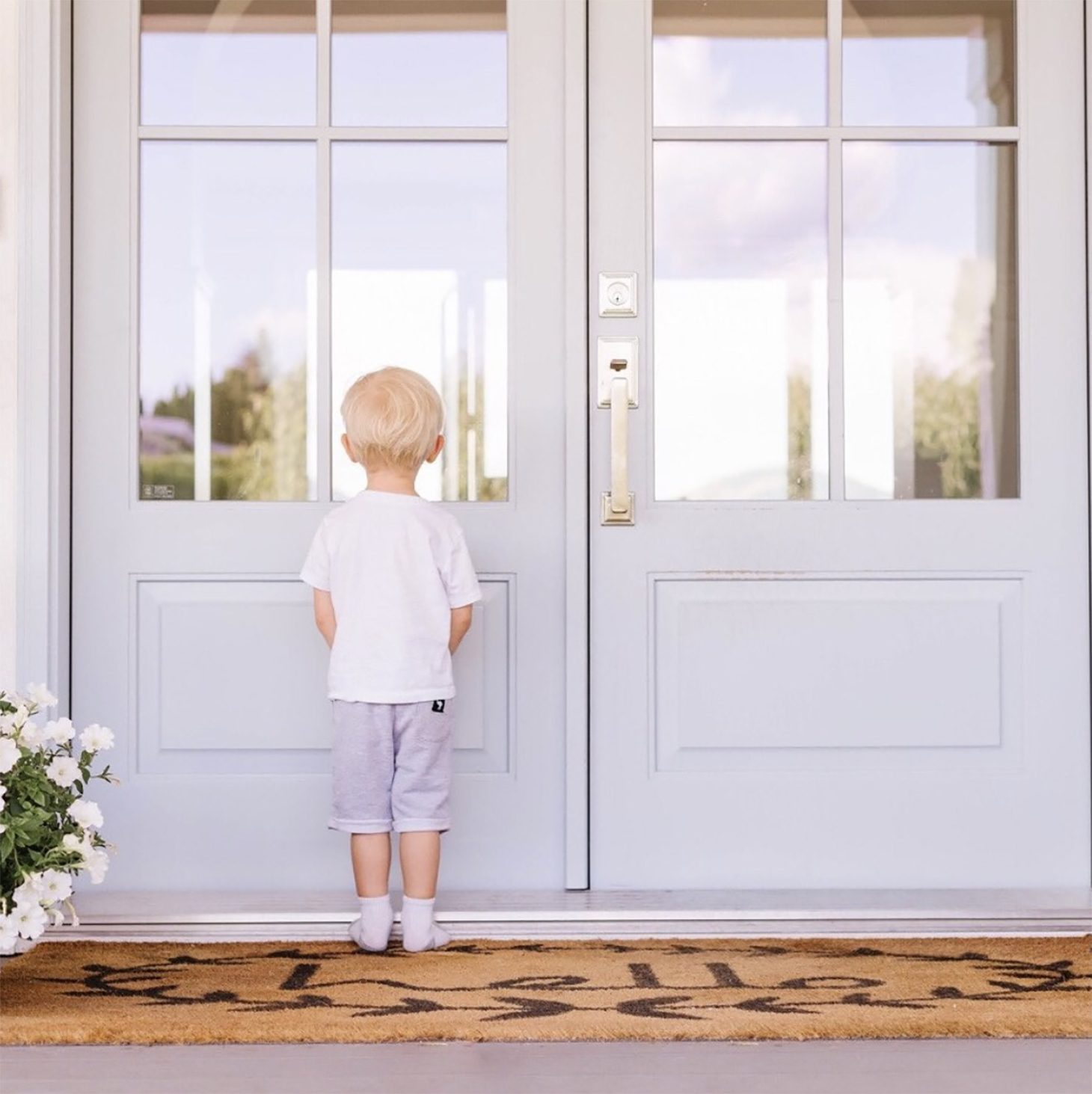
4. Routine
Your toddler can’t tell time yet, therefore, a routine is what will set them up for success – set their circadian rhythm, decrease protest at bedtime, as well as encourage more restorative sleep overall.
Starting the bedtime routine at the same time each evening helps set your child’s internal sleep clock. Utilizing the same components of the bedtime routine is key, as this allows your toddler to know what to expect. For example, dimming the lights triggers the brain that sleep is coming soon and it reacts by raising the sleep hormone – melatonin. Keeping the components of the routine the same and giving your toddler choice where you can, will help minimize bedtime protest as well, i.e. “Would you like to sit on the potty first or brush teeth first? Great, what’s next? Would you like to put on jammies or read a book?”, and so on.
Developmentally, toddlers are learning how to exert themselves in the world. Usually, our little people are told what to do all day long i.e. “Please, don’t touch that!”, “We have to stop playing now, it’s nap time.”, “Let’s wash hands and then sit in your chair at the table for supper.”, etc. The more choice we can give them, and help them to feel that they are in control, the less of the word “No!” you should hear.
Having a consistent bedtime routine does not mean you need to bathe your toddler nightly until university! However, if you can stick with a routine for a few weeks while they get the hang of sleep, it will become easier to deviate once in a while when you are visiting friends and out later than expected.
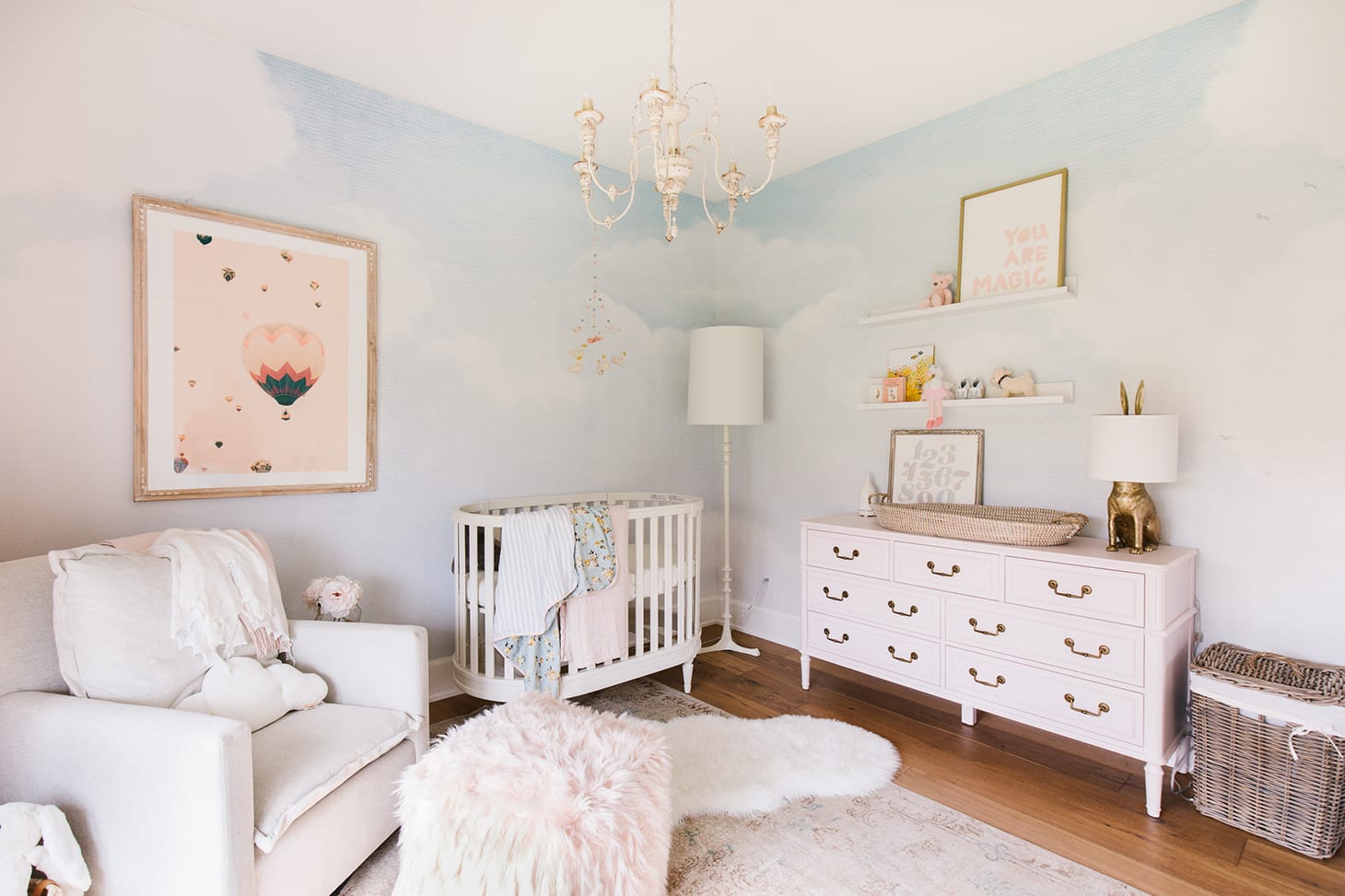
5. Bedtime
This can be so tough at this age. Around 18 months, separation anxiety peaks and your toddler may feel upset that you are leaving their room after kissing them good night. First off, keep your toddler in their crib till they are as close to three years old as possible. Developmentally, it is very hard to explain to your 18-24 month old why they have to stay in their bed all night. Toddler beds are adorable looking, but using them too soon can become a safety issue and it definitely won’t fix any current sleep issues your family is facing.
If your little one feels upset that you are leaving, know that it is okay to stay in the room! If you can help them feel safe and secure, laying down and closing their eyes in the crib, then they will sleep so much better throughout the night. Sit beside them, hold their hand, and support them as they fall asleep. Once your toddler starts getting the hang of falling asleep well at bedtime, slowly move closer and closer to the door. Eventually, your toddler will be okay with you tucking them in, saying “night night”, and watching you leave the room.
We understand that toddlers can be no joke! They are curious and learning so much every single day. Growth and development impacts sleep, and we can help them the most by understanding their circadian rhythms, and building consistency in their daily routines.
Please remember to give yourself grace as you navigate this path with your little one. You are exactly who they need, and sometimes non-judgemental support can help as you start looking closer at their sleep. As Registered Nurses at The Mama Coach, our sleep packages are based on assessment and understanding each baby and toddler’s developmental stage, circadian rhythm, and feeding patterns. We would love to help and support you.
You are doing better than you think, Mama. As always, we are sending you so much love and all of our positive sleep vibes. You got this!
xo

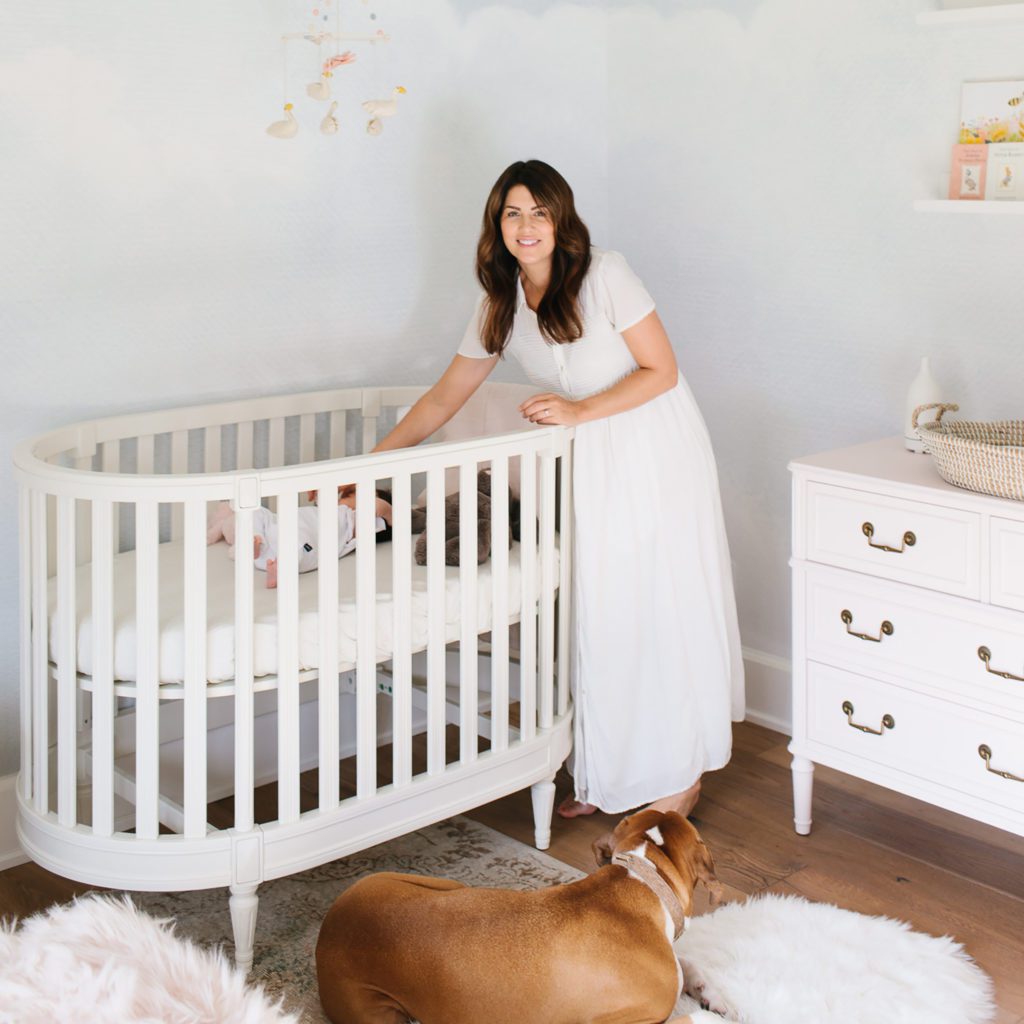



Glad to know we’re not alone struggling. Covid destroyed our routine! Remote work, new shopping arrangements, no grandma stepping by… It’s a whole new life!
I’m really happy we’ve finished sleep training before it happened and the nights are at least pretty much the same. We’ve used HWL method from parental-love.com author and it was the best idea ever! No CIO method, no stress for me, working fast. But now I wish I could have another book like this to perfectly organize my days, not only nights, right?